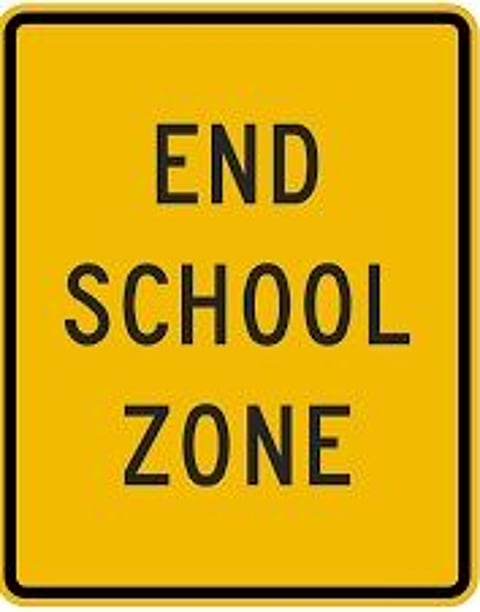

Saskatchewan teachers were on strike Monday at 35 communities across the province.
“We are giving this government every opportunity to return to the table and engage with us to find solutions,” says Saskatchewan Teachers’ Federation President Samantha Becotte.
“If they continue to flat-out refuse to bargain on class size and complexity, which are the learning conditions for Saskatchewan’s students, we will have no choice but to continue to exercise the only options we have left to bring them back into discussions. I strongly encourage everyone in the province to reach out to their elected officials and urge our government to send their bargaining committee back to the table and stop further disruptions to the school year.”
In less than two weeks, the STF has rallied more than 18,000 emails and phone calls have been sent to Education Minister Jeremy Cockrill, Premier Scott Moe and members of the legislative assembly.
“We clearly have the government’s attention. My question is, are they going to actually listen to what parents and teachers are telling them?” says Becotte.
“The minister wants to make this all about teacher salaries and continues to misrepresent our proposals. We have made our opening proposal package public. We have been very clear that we are ready and willing to negotiate and that must include class size and complexity. This is about so much more than a single issue. This about ensuring our kids have access to the resources and supports they desperately need, for many years to come.”
Supporters are encouraged to sign up for Tell Them Tuesday to take part in advocacy actions and help bring government back to the table, willing to negotiate on class size and complexity.
The first one-day strike was held Tuesday, January 16, which Becotte said did not sway the government.
“The day after our first strike action, rather than acknowledging the outstanding efforts of teachers, the minister of education attempted to make it all about salary demands. If he had been paying attention, he’d know our job action was about so much more than that,” said Becotte.
“We’re seeking long-term commitments from government on critical issues impacting students, including class size and complexity, not patchwork pilot projects that don’t fix the systemic issues in our schools.”
New data from the ministry of education shows significant enrolment growth from 2022-23 to 2023-24, three percent or 5,658 students, provincewide. Nearly 75% of school divisions in Saskatchewan experienced this uptick. According to the STF, teacher staffing numbers have declined by almost two percent for 2022-23.
“The math is simple: More students with fewer teachers means class sizes are growing," said Becotte.
Canadian Taxpayers Federation Prairie Director Gage Haubrich pointed to different numbers in a press release January 15.
“Teachers are already being paid well-above the provincial average, with taxpayers topping up their pensions and health plans to boot,” said Haubrich.
"Now, the teacher’s union is giving parents a headache because it wants to squeeze more money out of the provincial government."
According to the provincial government, the average teacher in Saskatchewan makes $92,000 a year, compared to $90,300 in the rest of Western Canada. The average Saskatchewanian earns about $61,000 per year.
"Schools in the province average 190 school days a year. This means teachers are earning $484 per day for each day they are at work, or about $60 an hour based on a typical eight-hour workday. Teacher salary and benefits made up 50% of total school division spending in 2021," Haubrich said.
"Teachers can't have their cake and eat it too."
The provincial government is currently offering the STF a 7% salary increase.
